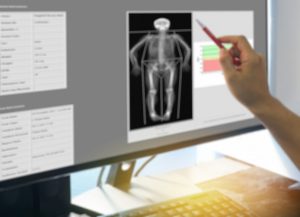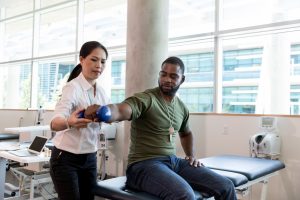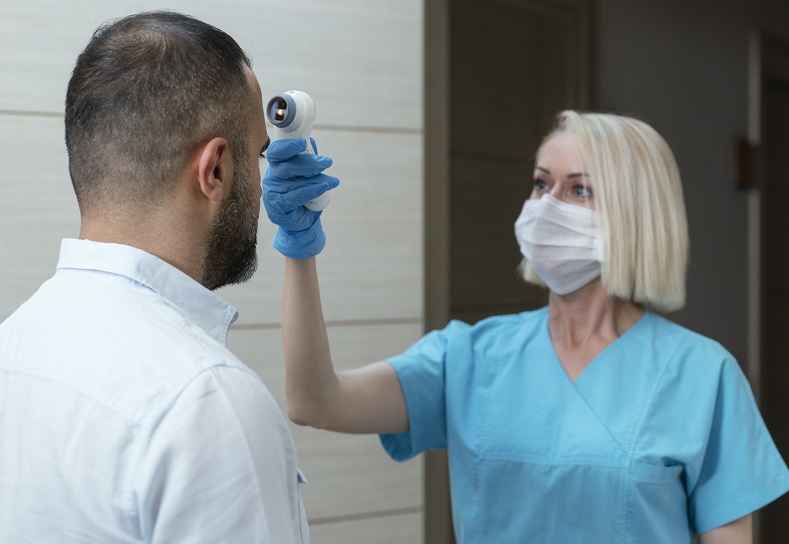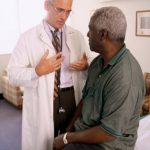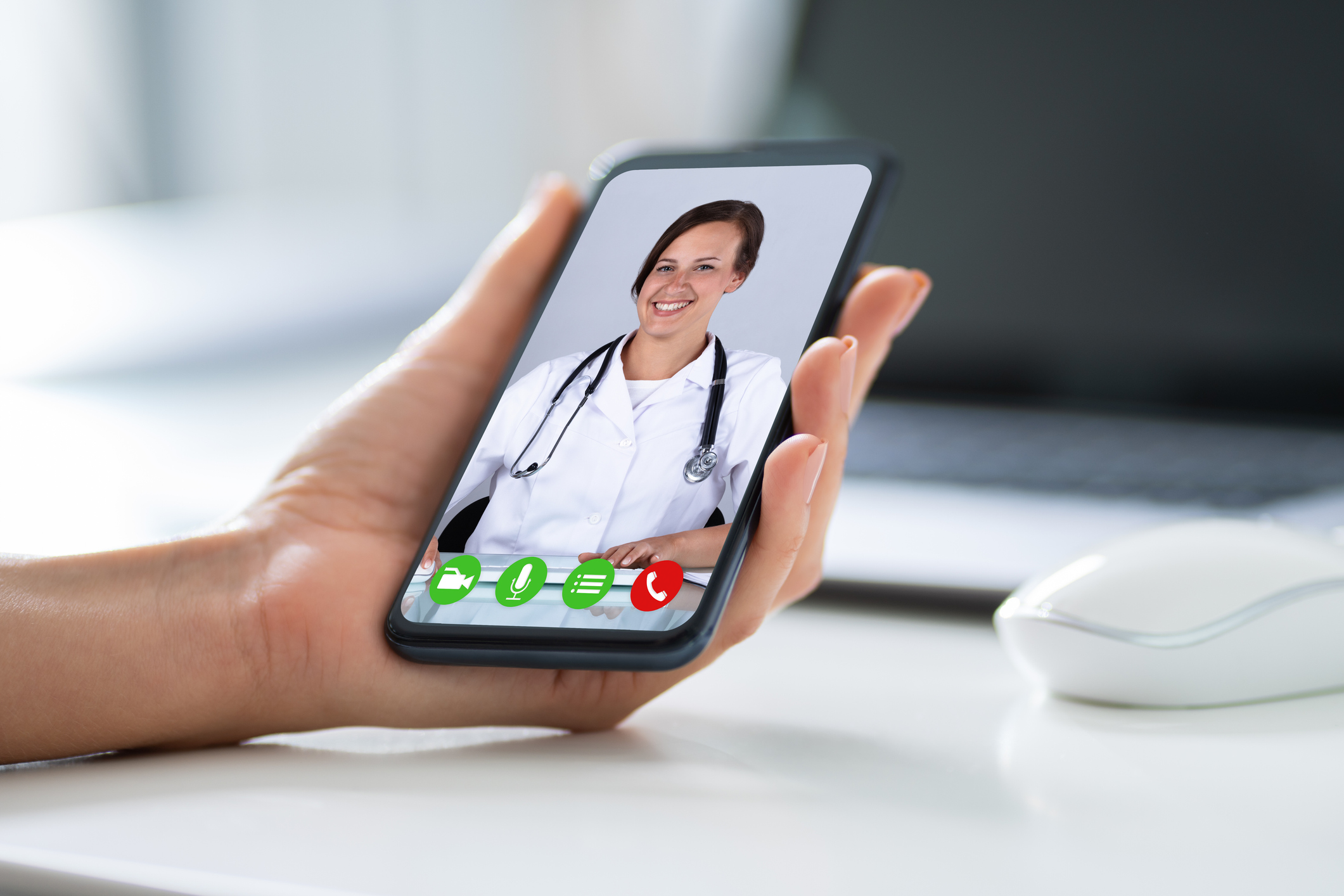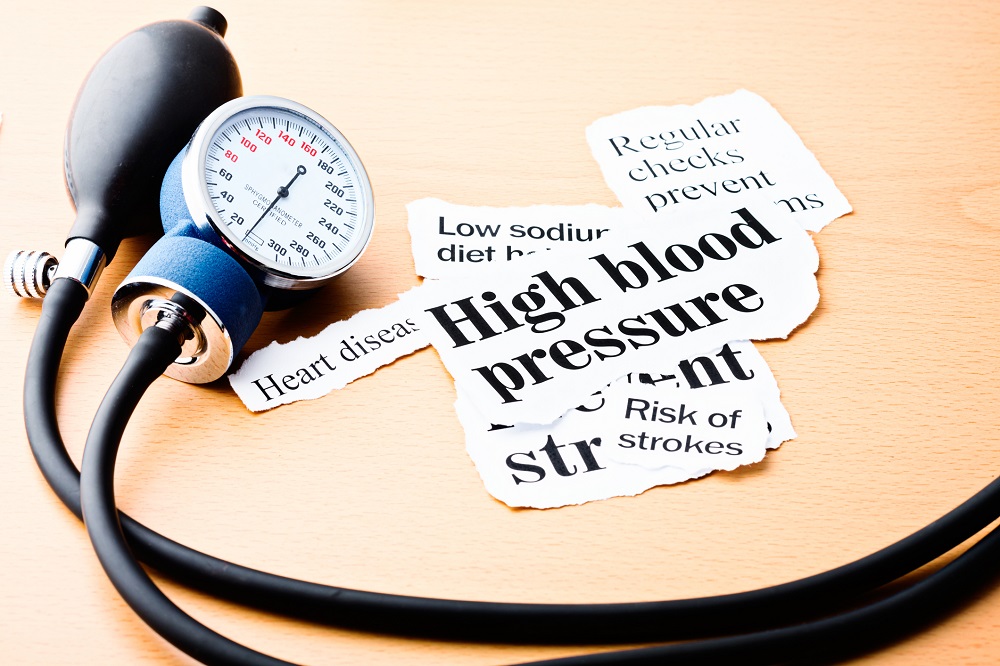A bone density test is a type of x-ray that measures the concentration of calcium and other minerals in the bones. This test is most commonly performed to evaluate a patient for osteoporosis.
Osteoporosis is a disease that causes bones to lose density and become easy to break or fracture.
Some people are more at risk for developing osteoporosis than others. Risk factors include:
- Age – Older people tend to have a greater incidence of osteoporosis
- Race – Caucasians and Asians are typically more prone to bone density issues
- Gender – Women experience bone loss more frequently than men
- Dietary factors – People who have a low intake of calcium are at greater risk
- Medications – People with a long term use of injectable steroids have bone loss issues
- Smoking – People who smoke tend to lose bone mass at a faster rate than non-smokers
- Family history – There is a correlation of osteoporosis and hereditary factors
Symptoms of the disease are:
- Loss of height over a period of time
- Back pain
- Bones that break more easily than expected
- A stooped posture
For those who are presenting symptoms or have a higher chance of developing osteoporosis, a doctor may recommend testing to assess the density of their bones.
Bone density screenings are non-invasive, painless, and use low amounts of x-rays. The results of the test will indicate whether or not you need to take medication that will help to maintain your bone density or make changes in your lifestyle and diet to prevent bone loss.
If you would like to schedule a bone density screening at Flushing Hospital Medical Center, ask your physician for a referral to have it performed. You can schedule an appointment with a physician at Flushing Hospital by calling 718-670-5486.
All content of this newsletter is intended for general information purposes only and is not intended or implied to be a substitute for professional medical advice, diagnosis or treatment. Please consult a medical professional before adopting any of the suggestions on this page. You must never disregard professional medical advice or delay seeking medical treatment based upon any content of this newsletter. PROMPTLY CONSULT YOUR PHYSICIAN OR CALL 911 IF YOU BELIEVE YOU HAVE A MEDICAL EMERGENCY.

